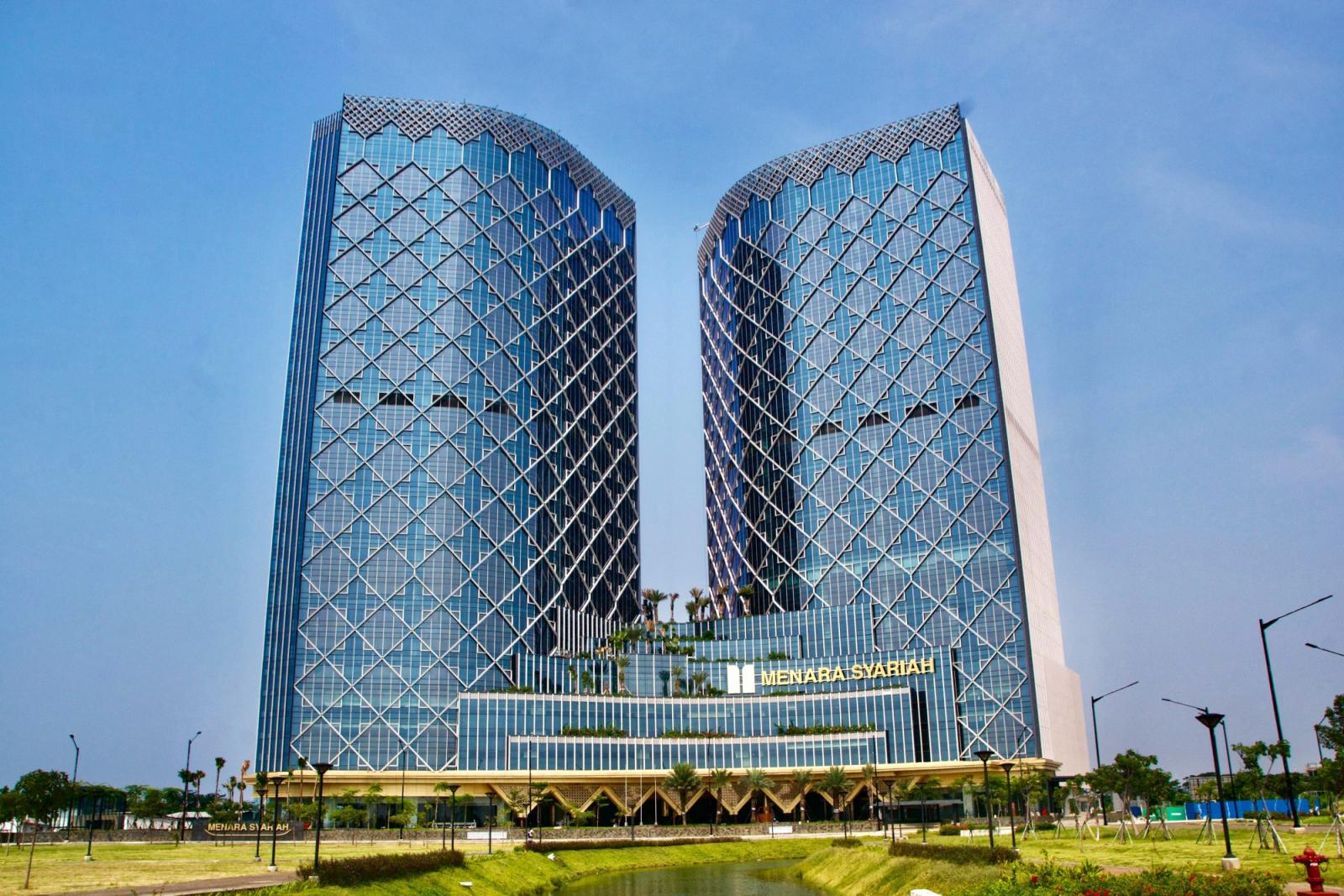Komarudin Hidayat: Sharia banks can triumph supported by professionalism

JAKARTA – Prof. Dr. Komarudin Hidayat, Commissioner of PT Bank Syariah Indonesia Tbk (BRIS), believes that sharia banking industry in Indonesia still has potential to rapidly grow if accompanied with professionalism in its development.
"Sharia banks [in Indonesia] can have greater potential, but they must be professional, accessible, secure, fast, and has competitive price," said Hidayat, interviewed after his keynote presentation on the first day of Menara Syariah – BILIF Islamic Leaders Conference 2024, Wednesday (11/9).
According to Hidayat, Indonesian people have had advantages in strong emotional bond towards Islam as a religion. However, this aspect does not instantly allow sharia economy and banking in Indonesia to triumph and surpass conventional industry at once.
"If we only rely on emotional bond without the things mentioned above, well, we will struggle to move forward," added Hidayat.
According to Hidayat's explanation, professionalism, in this case, also means willingness to partner and collaborate with resources from other countries, nations, and religions. "Sharia banks must employ professional and reliable human resources, but remains inclusive," he added.
Opening Menara Syariah – BILIF Islamic Leaders Conference 2024 in PIK 2 today (11/9), Hidayat also encouraged moslems to go back to Islamic value and principles in order to drive domestic economy, particularly through empowering entrepreneurs.
According to Hidayat, moslems in Indonesia have extensive solidarity towards their brothers and sisters, but not equipped with the spirit to boost the economy as a whole institution.
"As a result, a developed family-initiated business still struggles to sustain itself in the long run, even shrinks, following division of inheritance for the heirs, according to the islamic inheritance law (faraidh)" said Hidayat, giving examples.
Therefore, Hidayat then urged various Islamic financial institutions to assist in encouraging entrepreneurship through the development of institution, curriculum, and improvement of entrepreneurship ethic.
In addition, he gave another example of best practice initiated by Muhammadiyah, which has developed a business ecosystem that promotes economy through opening up working opportunities.
"Moslems should acknowledge that Islamic society will not exist without the support of economic support. Preaches are, indeed, necessary. But without science and economy, how can we promote the society better? Generate more entrepreneurs; remember the "upper-hands-are-better" principle," concluded Hidayat. (ZH)